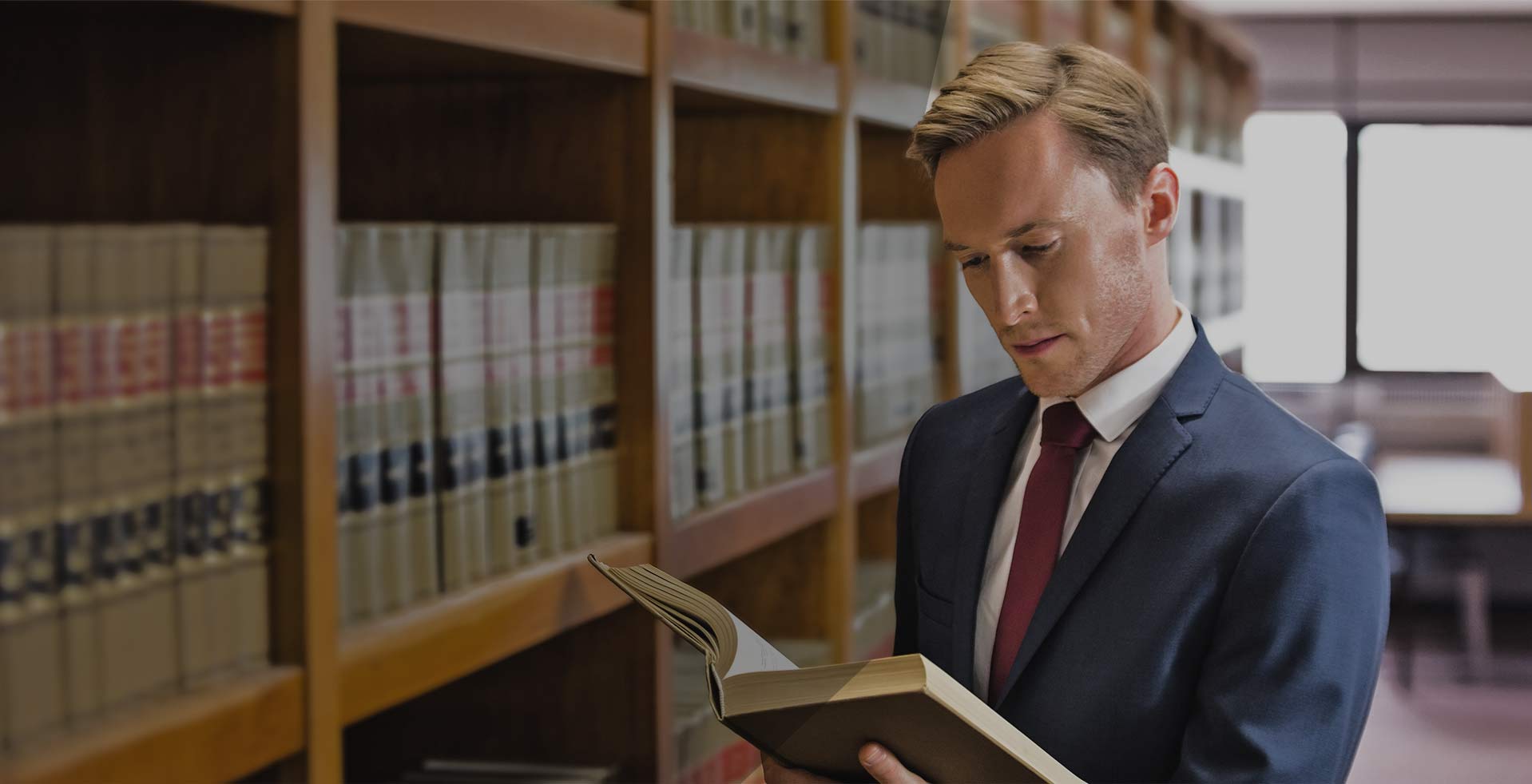Wholly avoidable hurdles created by the department of the registry of the High Court dealing with the writ jurisdiction (civil) – Request for intervention.
Mathews J Nedumpara President National Lawyers Campaign For Judicial Transparency and Reforms, NLC 98205 35428 09.02.2024 To, Hon’ble Mr. Justice S. V. Gangapurwala The Chief Justice of the High Court of Judicature at Madras May it please your Lordship, Sub: Wholly avoidable hurdles created by the department of the registry of the High Court dealing with the writ jurisdiction (civil) – Request for intervention. 1. The Madras High Court being one of the oldest chartered high courts of this country, has all throughout been a role model to all high courts and has produced a galaxy of eminent lawyers and judges. Any outstation lawyer who visits the Madras High Court...
Continue reading
